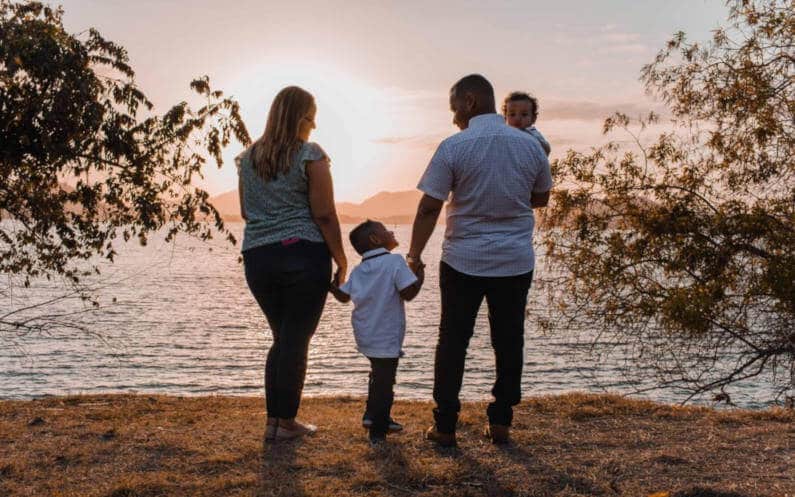
Nobody knows what the future holds. Yet most of us think about the importance of writing a will much later than we should.
We tend to think a will protects the needs of a spouse or partner, but few of us consider the impact an untimely death can have on our children.
The Daily Telegraph reported in 2014 that over 24,000 children are bereaved of a parent each year. Yet very few parents have named a successive legal guardian in a will.
Many parents believe the closest relative will automatically become the guardian of their children, but this isn’t always the case.
Who has parental responsibility for your child?
- The birth mother always has parental responsibility for a child.
- A married father will automatically have parental responsibility for a child.
- An unmarried father does not automatically have parental responsibility.
- A godparent does not automatically have parental responsibility.
- In the absence of a surviving spouse and direction in a will, it’s up to the courts to decide who the legal guardian should be.
Why we get distracted from making a will
For those of us who have children in our 20s, we often get pre-occupied with the challenges of buying our first home and providing for the future.
Many of us believe we don’t need to think about writing a will at such an early age, but the truth is that 5,844 deaths recorded in England and Wales in 2017 were people aged just 20-35 years old (The Office of National Statistics).
Taking a defiant stand on the reality of our own mortality doesn’t stop in our 20s either.
In an article written by The Guardian in 2016, the paper highlights the fact that the fertility rate is now higher in over-40s than under-20s for the first time since 1947.
Many women are happy to wait longer before having children so they can be sure they’ve found the right partner. Others choose a long-term career path to provide financial independence and stability before starting a family.
Being the guardian of a 10-year old child in your 50s can be a beautiful thing, but the odds of an untimely death increase as we move through middle age.
How the changing nature of relationships makes guardianship a vital subject
Despite the hopes and dreams that fuel the best intentions, the average length of a marriage in divorces granted in 2016 was only 12-years — and fewer people are getting married now than at any time in the last century.
46% of births in the UK during 2016 were children born outside of marriage or a civil partnership (Office of National Statistics), leaving many vulnerable to being placed in care by the courts if the parents die without declaring their wishes formally in a will.
Protecting the future guardianship of your children is easier than you think
Difficult as these facts may be, they highlight the point that parents should take the subject of guardianship into account much sooner than later in life.
Guardianship deals with deciding who looks after your children in the unfortunate event that one or both parents die prematurely.
You can choose who should succeed you as a guardian in your will, and this could alleviate some of the pain and anguish your children will suffer should the unforeseen happen.
Naming your chosen guardian in a will should ideally be done as soon after your little one or little ones are born. You can then amend your will over time if your circumstances change.
About the author
Jane Amos is a member of The Society of Will Writers. Over the past four years, she has prepared more than 1,500 wills and lasting power of attorney (LPA) documents so people have the confidence their affairs are in order — and their wishes will be carried out explicitly in the event of an untimely death.

